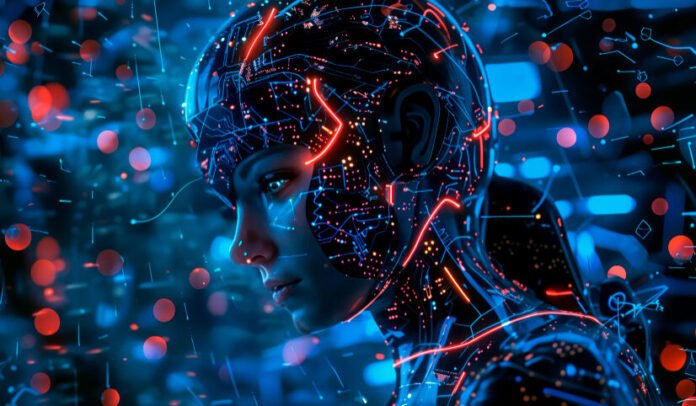AI is transforming industries rapidly. Key sectors such as finance, law, and customer service are already feeling the change
Artificial intelligence is advancing at an unprecedented pace, and its impact on the job market is becoming increasingly apparent. Experts estimate that by 2050, AI could reshape up to 60% of current jobs, with automation replacing many routine tasks. However, the transformation is not expected to be uniform across all sectors. The speed of AI adoption depends on technological breakthroughs, regulatory policies, and economic factors, but the outcome is clear: workers must prepare for significant changes.
According to a McKinsey report, by 2030, 30% of jobs in the U.S. could be automated, with 60% facing significant changes. Goldman Sachs predicts that by 2045, up to 50% of jobs could be fully automated, driven by AI and robotics. These estimates come amid growing concerns about job displacement and a widening income gap. While some roles will be displaced faster than others, certain sectors, such as construction and skilled trades, are expected to remain relatively unaffected.
The jobs most vulnerable to automation are those that involve repetitive, rule-based tasks. Data entry, scheduling, and customer service are already being overtaken by AI technologies, including chatbots and robotic process automation. Administrative positions, where up to 60% of tasks can be automated, are under particular threat. Bookkeeping, financial modelling, and basic data analysis are also highly vulnerable to AI, which can perform these tasks more efficiently and at scale.
Legal and consulting sectors are not immune. Tasks like contract drafting, legal research, and paralegal work are prime candidates for automation, with AI tools like Harvey and CoCounsel automating document analysis with remarkable accuracy. Even sectors such as journalism and graphic design are experiencing disruption, as platforms like DALL-E and GPT are capable of producing content quickly and at scale.
Embed from Getty ImagesOn the other hand, jobs that require human creativity, emotional intelligence, and complex decision-making will take longer to be automated. While software development and engineering may see routine tasks replaced by AI, breakthrough innovations in these fields will likely remain human-driven. Similarly, roles in nursing, therapy, and social work, which demand empathy and trust, will be harder for AI to replicate.
Education, particularly in nuanced subjects and early childhood teaching, will also remain largely human-centric. AI may assist with administrative tasks, but emotional intelligence and adaptability in the classroom will continue to be essential.
As AI continues to advance, workers are advised to prepare for a changing landscape by focusing on skills that are AI-resilient. Critical thinking, digital fluency, and expertise in areas like healthcare or education will be valuable in the future job market. Moreover, the call for retraining programs is growing, as workers are urged to adapt and secure new opportunities in an AI-driven world.
